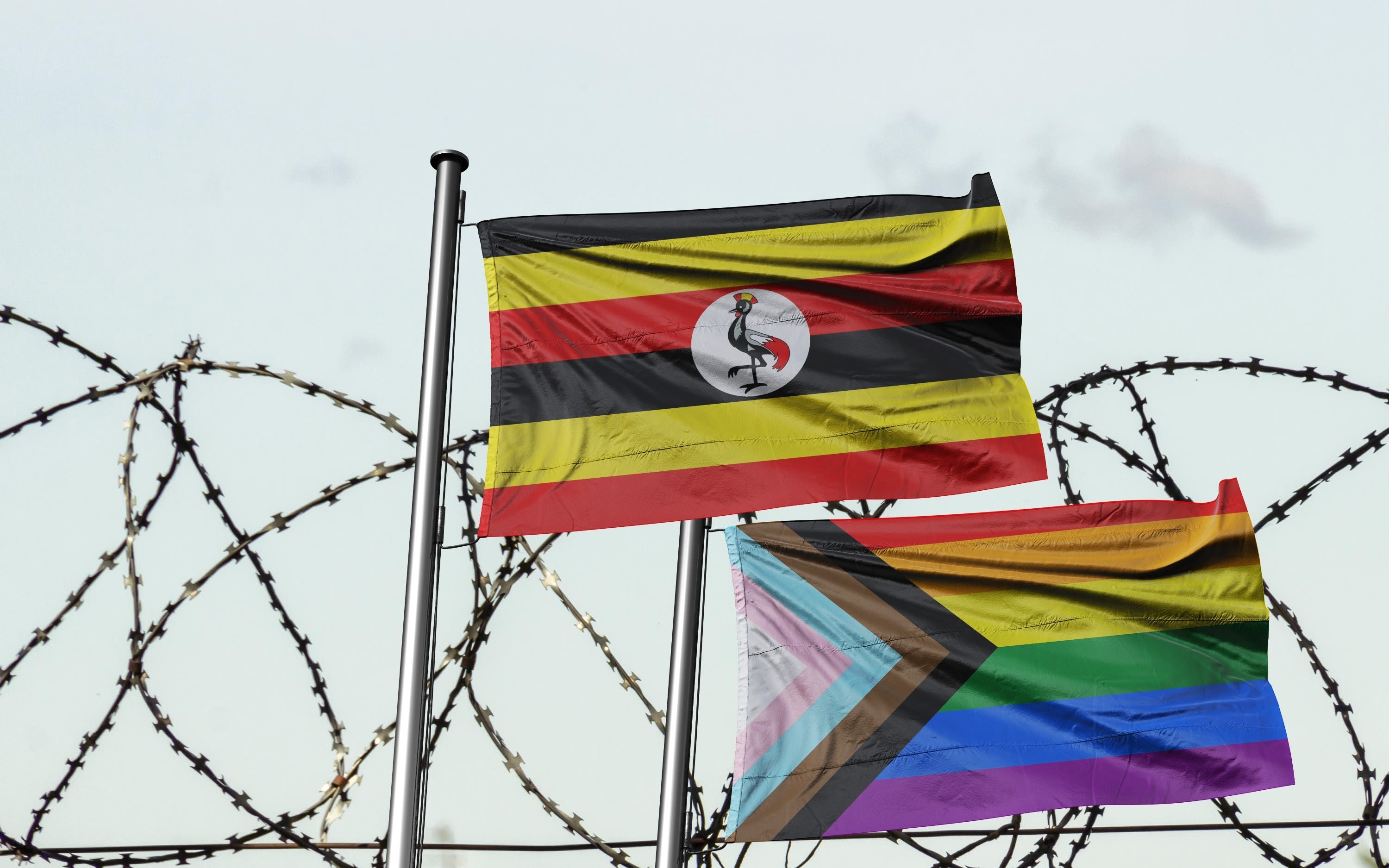A world without the death penalty is a better world
I’ve long spoken up against the death penalty, a punishment so cruel, inhumane, and riddled with error and malice that it should have no place in our modern world. Its proponents claim it deters crime, yet nothing could be further from the truth – and study after study refutes that claim. Look anywhere in the 55 countries that retain the practice: the death penalty doesn’t make communities safer, has no noticeable impact on crime rates, whilst wasting precious resources that could be better used elsewhere.
The truth is that – more often than not – the death penalty is used as a tool of repression and totalitarian control. Countries like Iraq, Iran, Egypt, Nigeria, and Pakistan hold thousands of people on their death rows – most detained under bogus allegations and convicted without any regard for due process or equality before the law. Many are never executed, but that is not the point. Here, capital punishment is a convenient tool to silence any form of dissent and take inconvenient critics out of circulation.
Even in nations that take pride in the fairness and transparency of their criminal justice system, the death penalty is marred by terrifying institutional failures. In the US, 195 individuals have been exonerated and freed from the country’s death rows since 1973, often the result of new evidence or DNA testing, but also revelations of gross misconduct by investigators and prosecutors. It’s an astonishing statistic: for every eight people that were executed in the US, one innocent person has been freed, often after languishing on death row for decades. With a rate of error so egregious, it is feared that a significant number of those that were executed may have been innocent, too.
I am particularly troubled by the disproportionate use of the death penalty against those who are often already at the margins of society – ethnic and other minority groups, the poor, or people with intellectual disabilities (note that in many places, those characteristics intersect).
In Uganda, years of anti-gay hate and propaganda fuelled and funded by US evangelical groups have not only forced much of the country’s LGBT+ community into hiding, but a terrifying new “anti-homosexuality” law seeks the death penalty for “aggravated homosexuality”. The first individuals have already been charged under this legislation, and I fear that it will lead to a spiral of hate and discrimination.
Iran has seen a sharp rise in the number of those who were brought to trial in the wake of the democracy protests of the last twelve months, following the brutal killing of Mahsa Amini. Dozens have been executed, and hundreds more are feared to be sentenced to die, simply for challenging the corrupt regime and demanding human rights.
Equally disturbing is the repeated use of the death penalty to punish non-violent drug offences, whether in Iran or Singapore. Those executed are almost without exception small-scale traffickers, already at the lowest rungs of the illicit drug supply chain, and often bullied, pressured and coerced by violent drug cartels. Their senseless deaths make no difference to the global drug trade, their ranks are easily replenished by others in similarly dire circumstances.
Having followed capital cases around the world for many years, I think there is neither fairness nor justice in the death penalty. As my friend Bryan Stevenson has pointed out:
It’s an imperfect sentence administered by imperfect people.
And that alone should be reason enough to end it.
To be clear, those of us advocating for an end to executions make no excuses for violent crime. But where such crimes have been committed, alternatives to the state-sanctioned killing are available – and often preferred by the majority of the population.
On this World Day Against the Death Penalty, business leaders should not stay on the sidelines of this debate. Join the Business Leaders Against the Death Penalty Campaign and use your voice and reach so that governments around the world end executions once and for all.





